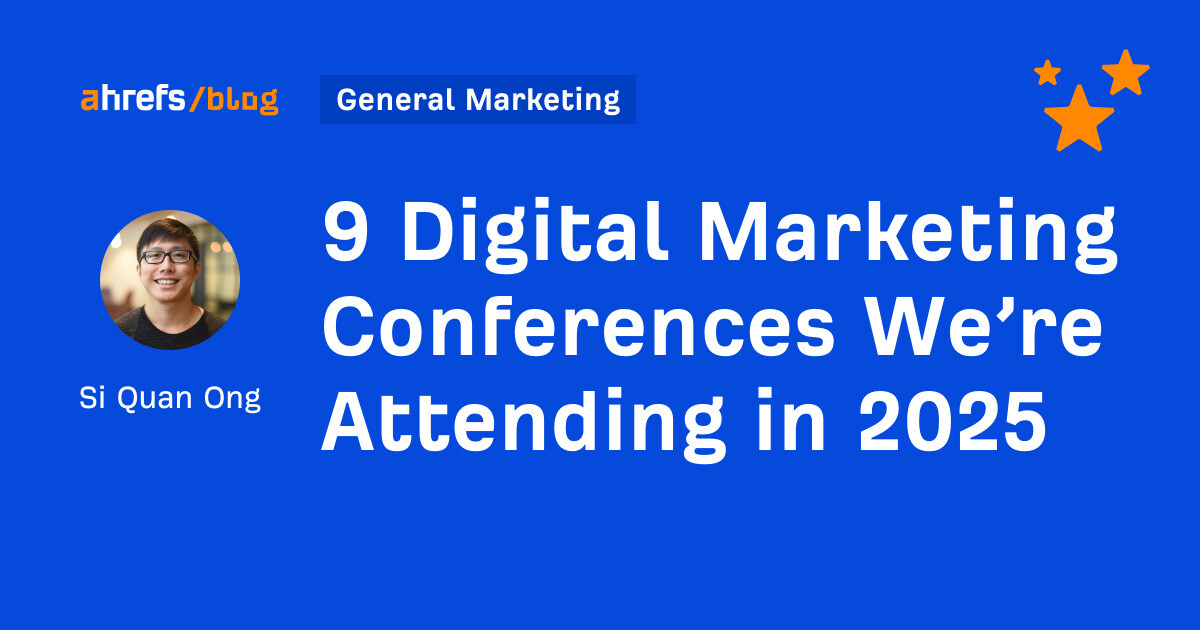Top 5 Steps to Getting Your B2B SEO Strategy Up and Running
If you want to build brand awareness and drive leads for your B2B business, SEO (search engine optimisation) is essential. Interestingly, 27% of the B2B buying cycle is now spent conducting online research. That means B2B buyers are doing...

If you want to build brand awareness and drive leads for your B2B business, SEO (search engine optimisation) is essential.
Interestingly, 27% of the B2B buying cycle is now spent conducting online research. That means B2B buyers are doing their own research before they even speak to your business. When they come to speak to you, they know their problem and how you can solve it, as well as how you compare to your competitors.
As a B2B business, you might know that SEO is important but you don’t have the time or resources to get started. SEO can have a huge impact on lead generation for your business and is a highly effective channel, so you need to pay attention to it.
Let’s have a look at why SEO is important for B2B marketing strategies and how you can build an effective strategy.
Why Is SEO So Important for B2B?
61% of B2B decision-makers start their decision-making process with an online search.
AND
77% of B2B buyers say they won’t even speak to a salesperson until they’ve done their own research.
Not convinced yet?
93% of all online experiences start with a search engine.
Convinced now?
If you don’t have an SEO strategy to make sure your brand is found online. Your competitors are doing it so why aren’t you?
5 Best Practices for Building an Effective SEO Strategy
Know Who Your Target Audience Is
Knowing who you’re targeting is essential for any B2B digital marketing strategy. And SEO is no different.
To make sure your SEO strategy is as effective as possible, you need to know exactly who you’re targeting. When it comes to B2C, this is easy because you’re targeting individual consumers but, for B2B, it’s a little trickier.
Think about the types of businesses you’re targeting and who will most likely make the decisions in those organisations. Remember that there is probably more than one so you’ll need to think about how to use your SEO strategy to engage with all of them.
Analyse Your Sales Funnel
Your sales funnel will inform your whole digital marketing strategy. It’s even more useful for SEO because it will tell you which steps your audience is taking to purchase and what you’ll need to do to engage with them at each stage.
How can you take your prospects from complete unawareness through to purchase?
What information do you need to provide at every step and what are your prospects searching for?
Conduct Keyword Research
This is one of the most essential steps when it comes to a B2B SEO strategy. Why?
Because keywords are the words and phrases your target audience is using to find products and services like yours online.
Understanding what these are and being able to optimise your content accordingly is essential for ensuring that your brand is found online when your potential customers are doing their research.
Make sure you focus on both informational and commercial keywords. Informational keywords allow you to appear when customers are doing their initial research, commercial keywords help you to appear as they take their final steps towards making a purchase.
Map Keywords to Your Sales Funnel
Knowing the intent behind the keywords your prospects are using will help you understand the content you need to provide at every stage of the sales funnel.
Whether someone is looking for a solution to a problem, a specific product or service, or they’re directly searching for your brand, you need to make sure your website appears.
Look at what customers are searching for when they’re not yet aware of your product or service, but they know they need a solution. How can you create content that matches this?
Then, as they move through the sales funnel, keep thinking about the keywords and queries that match and create content around it.
Create Content
Finally, once you have a list of keywords, you know what your customers are looking for and where they’re looking for it. You can create content to help them find out more about your business until they’re ready to become paying customers.
We recommend a topic cluster approach to SEO to develop authority in your industry, demonstrate your expertise and dominate the SERPs for the topics that are relevant to your business. This will provide you with a scalable content strategy that you can keep building on.
You can optimise both your product or service pages which are more likely to be found by customers towards the bottom of the funnel. You should also optimise your blog content which is more likely to be informational and drive customers at the top of the funnel.
To Summarise…
If you want to be found online during the B2B sales cycle, you will need an SEO strategy. Thinking about the touchpoints your customers have with your business and the information they want will inform your strategy and help you create the most effective content.
If you’d like to know more about SEO for B2B, why not request a free digital marketing audit?

 Tekef
Tekef 













![How to Build a Detailed Business Plan That Stands Out [Free Template]](https://blog.hubspot.com/hubfs/build-business-plan-fi%20%281%29.jpg#keepProtocol)




















